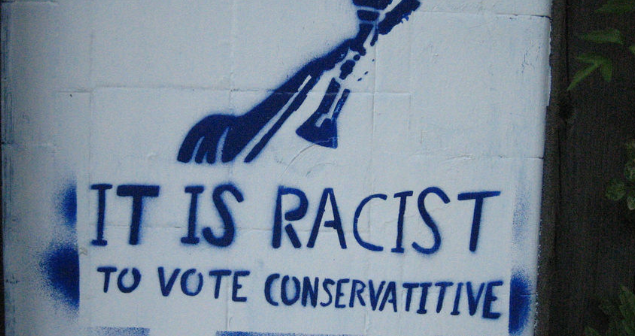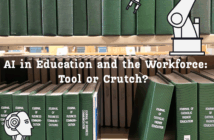By Hadassa Ferreira, Arts and Culture Editor
Have you ever stopped to question why politics is important? We live in an era of significant political polarization, in which the true essence of political debate often gets lost amidst partisanship, political idolatry, and intense extremism.
This era is filled with conflicts stemming from political disagreements, causing many people to feel constrained in talking about politics and sharing their opinions on social or political issues that directly affect them.
It is always important to remember that politics is more than two parties or political candidates, positioned on a “celebrity-like” spectrum. Politics is about a society that collectively decides what is best for the nation and implements policies that can effectively change people’s lives for the better.
You might be wondering what the reason behind this phenomenon of social constraint regarding politics is. The reality is that, for the first time, politics has become more than just a social element; it has become a part of people’s identities.
This situation causes people to view political topics–especially heated ones, such as human rights, immigration, and abortion–as matters of personal representation. This means that discussions about these issues are not merely suggestions for “creating a better world” but rather dictations on how individuals should live their lives.
“People tend to shut up more now because social issues that we are talking about more, especially nowadays, have become, a lot of times, super central [to a person’s identity],” said Frank Orlando, instructor of political sciences at Saint Leo University.
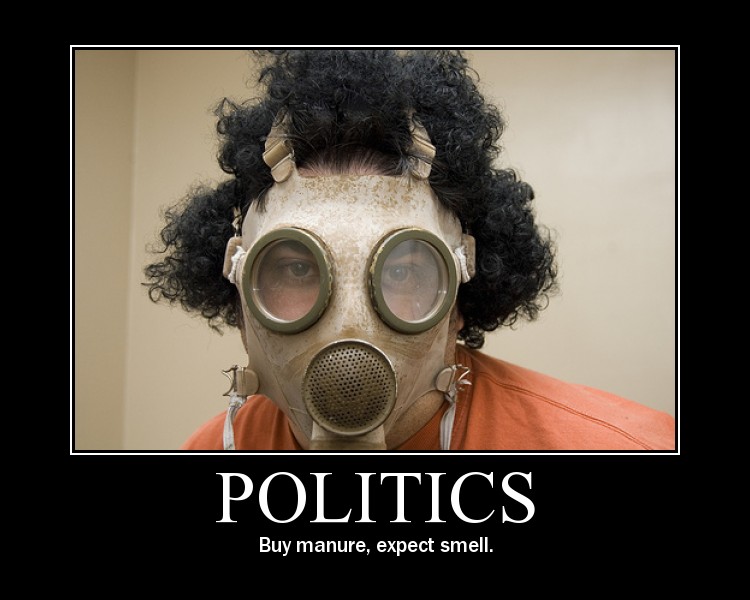
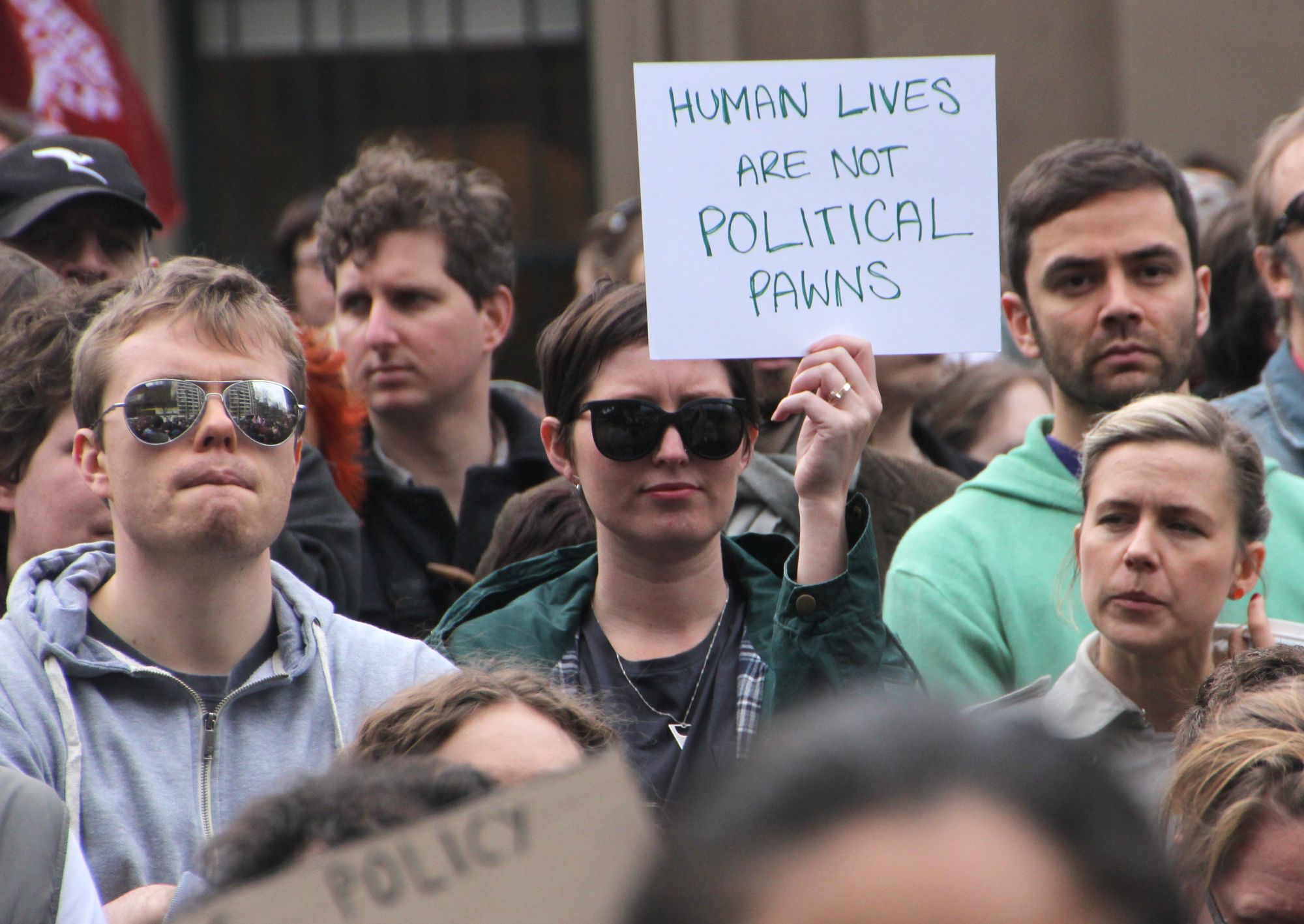
For instance, opinions on sensitive topics, such as the situation at the American border and the control of immigrant entry, may be perceived by first-generation Americans as a direct invalidation of their family history.
Likewise, suggestions for policies that prohibit suppression of gender identity in children considered transgender may be viewed as a direct attack on the LGBTQ+ community, particularly the transgender group.
Since the political landscape deeply affects many individuals, people tend to avoid political debates because it can be challenging to discuss issues with those who want others to see them and the current social context as they see themselves.
Discussing politics and finding common denominators in this political context–where people view their candidates in an intensely personal way–has become increasingly difficult.
Nowadays, partisanship and candidates have become representations of personal identities. As a result, people often perceive disagreements about their political party or favorite candidate as personal attacks.
Orlando also mentioned, “Politics is taking a bigger role in people’s lives, and partisanship is meaning a big part of people’s identity. Politicians now become an ‘avatar’ that is a representative of people’s beliefs and identities. So, people feel attacks on politicians have become attacks on themselves.”
However, it is always important to remember that we should not allow the personal figures of candidates to overshadow significant political proposals in the shaping of our electoral opinions. We also should not view opposing political opinions about our candidates as personal offenses.
A political candidate is just another citizen with the same rights and duties as everyone else; the only difference is that political candidates work for the people in managing the nation’s government. Politicians are professionals hired when elected, and as such, they should be treated like any other type of professional and held accountable when they fail.
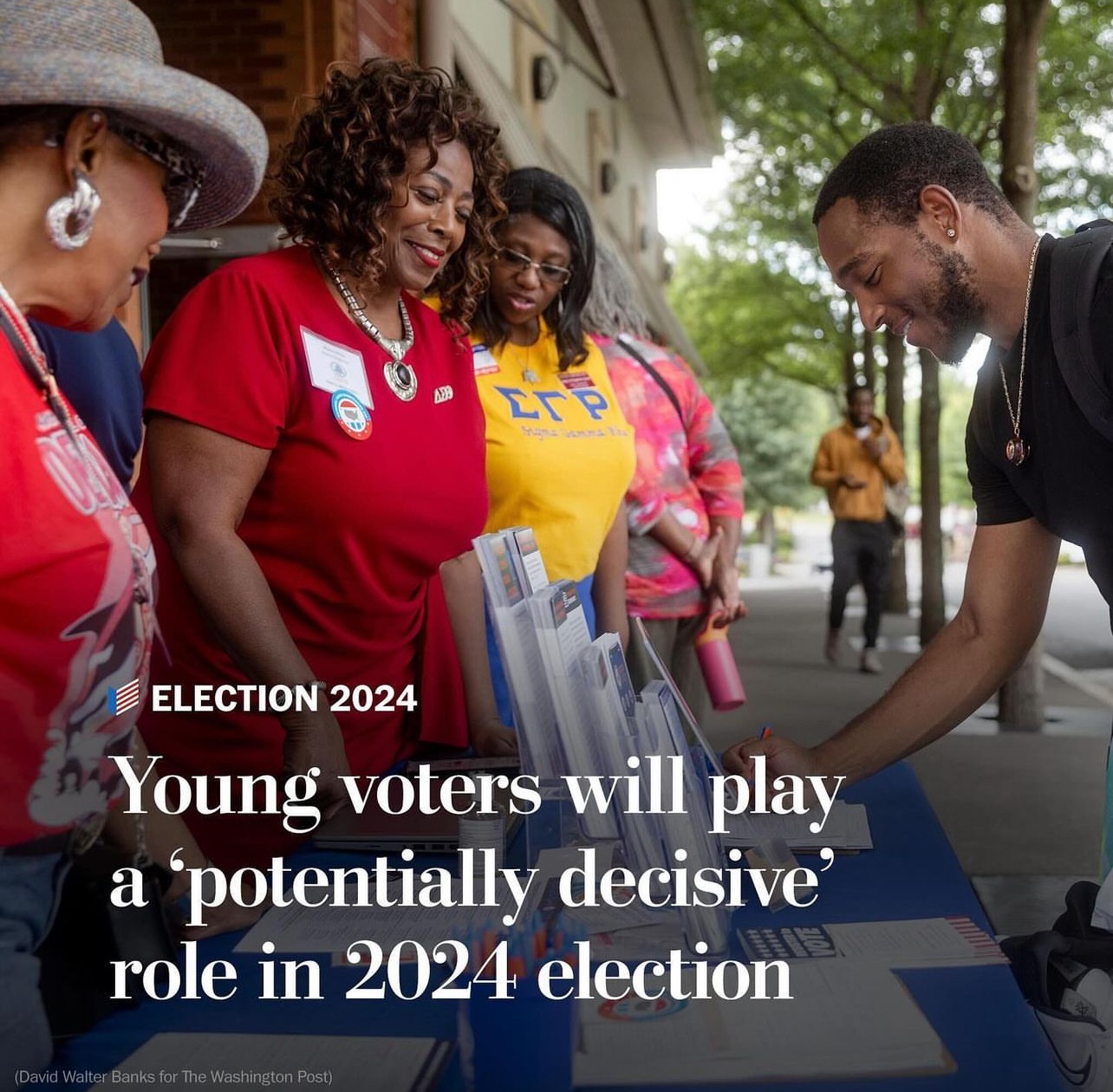
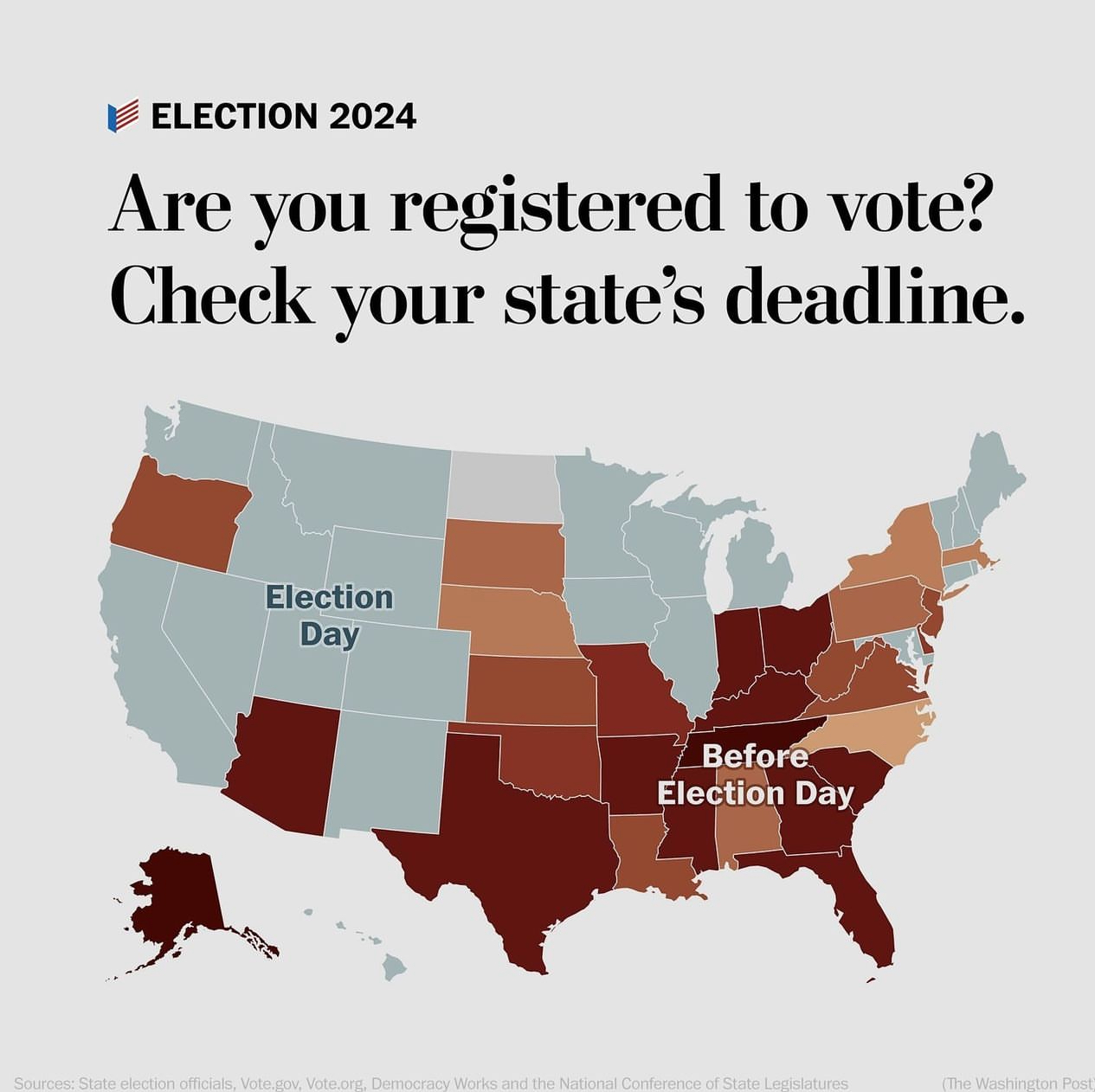
When we encounter such a chaotic political landscape, where any opinion might be seen or considered offensive and cause unnecessary stress, we may feel that politics is unimportant and not worth our time.
But the reality is that everything that shapes our society is influenced by politics, and the best way to ensure that our government meets our needs is by getting involved respectfully.
Now, you might think that getting involved means placing yourself in the midst of the political battles happening out there. But if you think that way, you misunderstood the concept completely. Getting involved means researching possible solutions to social issues that you feel need change and finding politicians–regardless of their party–who address those issues in the way you agree with.
Additionally, getting involved includes actively listening to the history behind each person’s opinion on heated topics and setting aside personal judgments aside to find a common ground that can benefit multiple sides.
It is also important not to harbor any resentment towards those who vote differently from us, understanding that everyone comes from a different social context and has a unique life history that leads them to take different political paths.
The fear of expressing our opinions and advocating for what we believe in should not exist. Beyond that, sharing our desires for specific policies should not offend others. Everyone has a right to their beliefs, and when opinions are conveyed appropriately–with the right tone, context, and without offensive language–people can engage in political discussions.
Politics, beyond personal identities, examines all levels of society and seeks to comprehend the needs of all social classes. It is a form of politics that acknowledges the historical background of others and expresses itself respectfully.
Politics, beyond personal identities, involves polite discussions about solutions for a better community that embraces everyone and promotes tolerance.

